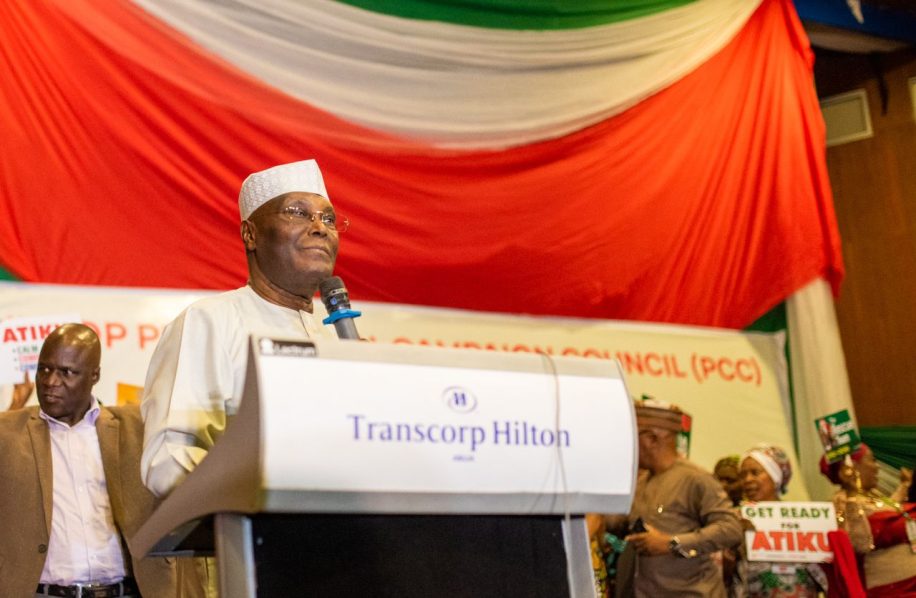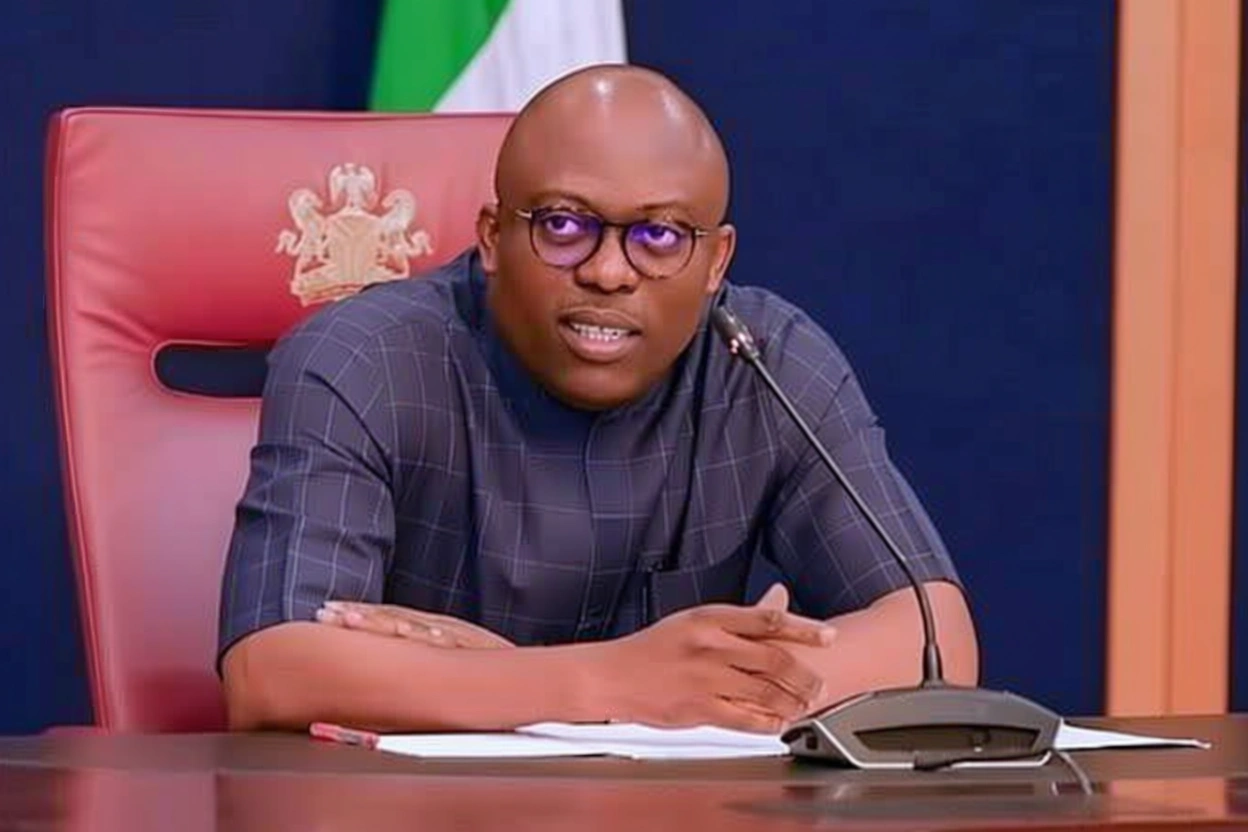
Time was when the various agencies saddled with the fight against corruption were feared and respected even by those superintending over them. These days, however, the fight against corruption has become partisan and used as a tool to witch-hunt perceived foes of the government.
Not too long ago, the Obasanjo/Atiku administration ensured the fight against corruption was not only seen to be fought against anyone found to be involved, including those in the same government. for instance, Tafa Balogun, the Inspector General of Police at the time, was not only arrested, but also prosecuted for corruption by the Economic and Financial Crimes Corruption Commission (EFCC). There were many other top officials of that government found wanting that were prosecuted.
The fight against corruption, especially in the last eight years, has become so comical and predictable.
The Muhammadu Buhari government came into office on the mantra of integrity to clean up the Augean stable. He was seen to be the solution to Nigeria’s corruption profile. However, the government, since it came into office, has been enmeshed in more corruption than previously seen.
Having witnessed how the Obasanjo-led government fought corruption, Abubakar Atiku believes he can bring the spark back to the fight against corruption if, and when, he mounts the reign of government next May 29.
The Peoples Democratic Party (PDP) covenant document on corruption detailed the ‘how’ of fighting corruption, unlike other political parties manifestoes which mouthed corruption without the manual of how to go about it.
The PDP-led government, post elections, will emphasize prevention of corruption rather than detection and subsequent sanction. Towards this end, an Atiku government will focus on building institutions that will be strong enough not to be manipulated by personalities and also build a culture of accountability, effectiveness, efficiency and transparency.
In addition, Atiku plans to rigorously enforce judicious use of public resources, with zero tolerance for nepotism, corruption and poor management.
To show how serious he is about fighting this monster, Atiku would lead in the institutional reforms of anti-corruption agencies and strengthening them for more effective performance.
He would also, when elected, a comprehensive National Anti-corruption Strategy that is based on the rule of law, separation of powers, neutrality and non-partisanship which has become a norm with the present administration.
Strengthening the policies and measures for detecting corruption through strong technology infrastructure that supports the end-to-end operations of government businesses for transparency, accountability, efficiency and effectiveness is not only key but a barometer of measuring its success.
He will also ensure that judgments on corruption cases are fully followed through and enforced by the appropriate law enforcement agencies which is lacking in the present fight against corruption.
One of the reasons there is high level of corruption, especially within the civil service, is the lack of real and adequate reward system. This, the Atiku government promises to review and change.
As stated earlier, the Buhari administration was all over mouthing its fight against corruption to the point that there was anti-corruption clubs in schools.
The Information minister, Alhaji Lai Muhammed, who was chief campaigner of the anti-corruption drive has not only lost his voice, he is hardly seen in public anymore. This is where perhaps an Atiku-led government will be different. He wants to strengthen the anti-corruption public enlightenment.
Again, just like everything with this administration, the whistleblowing policy was at a point very active, but shortly after, there had not been acts that would propel whistleblowing. Atiku believes it can be more effective if the witness protection policy is enhanced.
Ayanwale, public affairs analyst, resides in Garki, Abuja.





